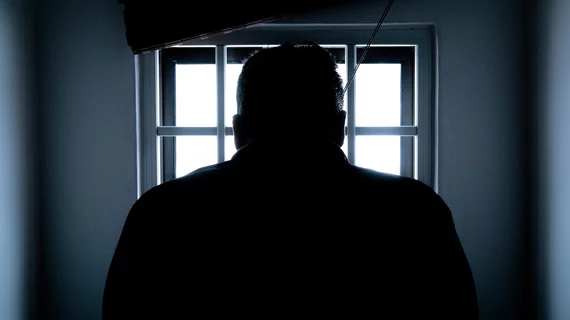Doctor sentenced to five years for performing unnecessary surgeries
A doctor in Michigan will spend the next five years behind bars for his role in a healthcare fraud scheme involving unnecessary surgeries.
Daniel J. Castro, MD, formerly of Bronson Battle Creek Hospital, was sentenced for falsifying medical records. Castro would lie about his patients’ symptoms and skew the results of CT scan images to justify unnecessary sinus surgeries, the U.S. Department of Justice (DoJ) said.
In addition to his five-year federal prison term, Castro was ordered to pay almost $2 million in restitution to CMS, private health insurers and some of his former patients.
The scheme lasted from February 2015 to May 2017, and it does not appear Castro’s patients were aware their surgeries were needless. Instead, Castro committed fraud to justify them in violation of his patients’ trust, the DoJ said.
“The criminal activities of Dr. Daniel Castro—performing unnecessary sinus surgeries—are sickening,” U.S. Attorney Mark Totten said in a statement. “Dr. Castro brazenly trampled the core promise of the Hippocratic Oath—to act in the best interests of the patient—and did so for his own financial gain. Our healthcare system depends on patients being able to trust their medical providers at every step, especially when deciding to go under the knife.”
In some cases, Castro performed unnecessary biopsies in lymph nodes in the neck, billing insurance for the costs. He also performed unnecessary excisions of glands in the head and neck when patients did not have cancer or another medical condition, the DoJ said.
He pleaded guilty to healthcare fraud in April 2023. According to the DoJ, he did not contest the facts in the case. In court, Castro agreed the fraud totaled $5,091,272.03, which came from insurers and out of the pocket of his patients.
After serving his time in federal prison, Castro will be released under two years of supervision.

